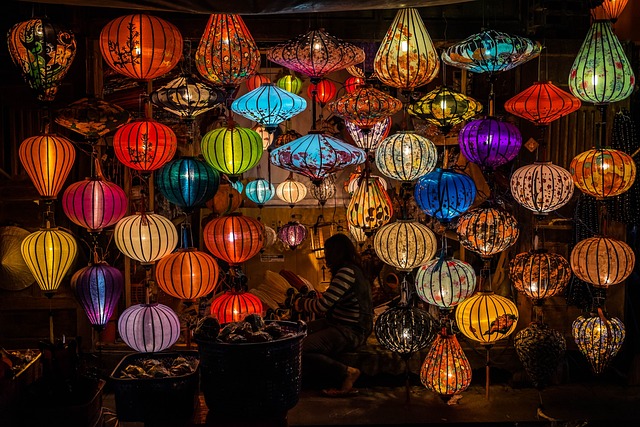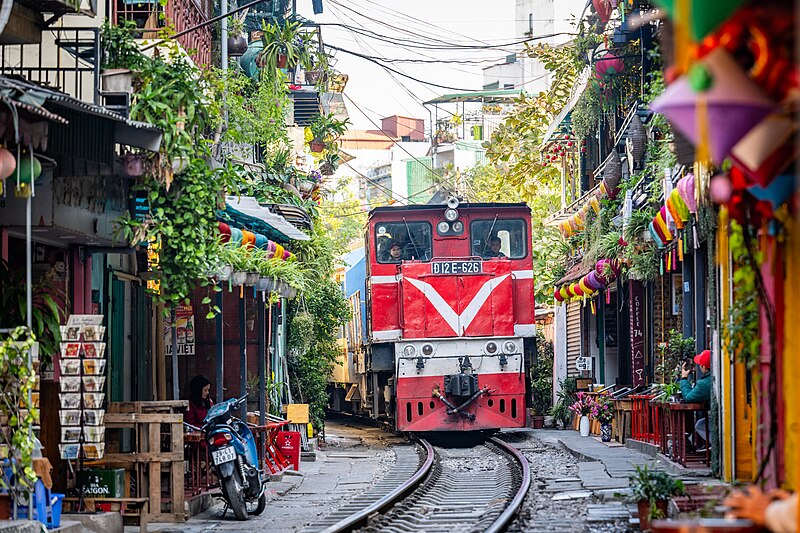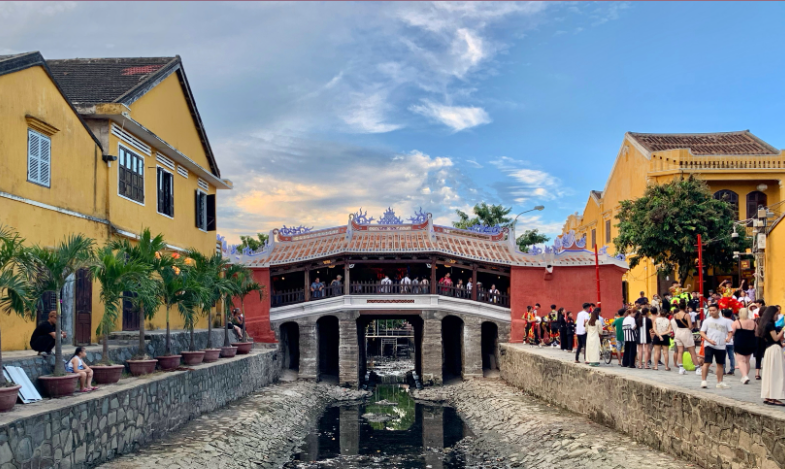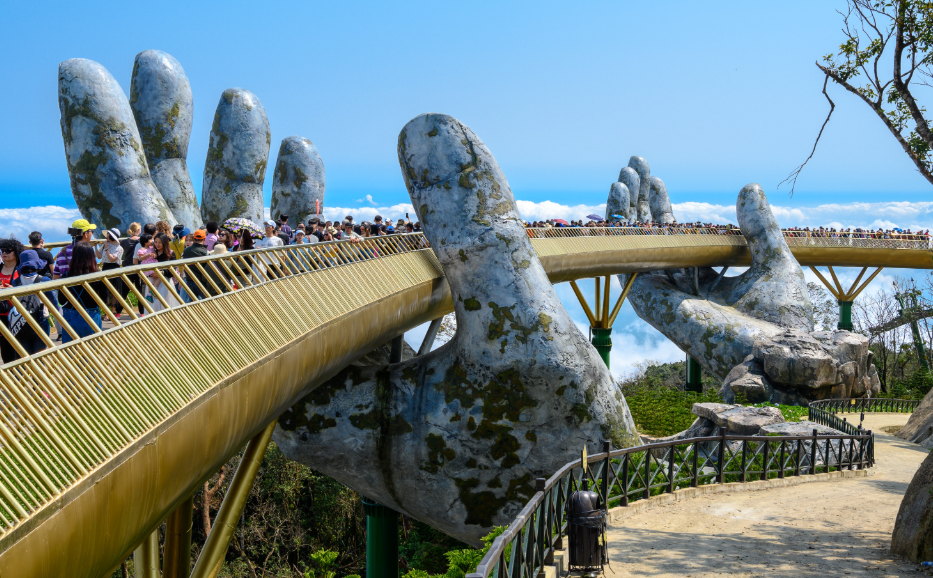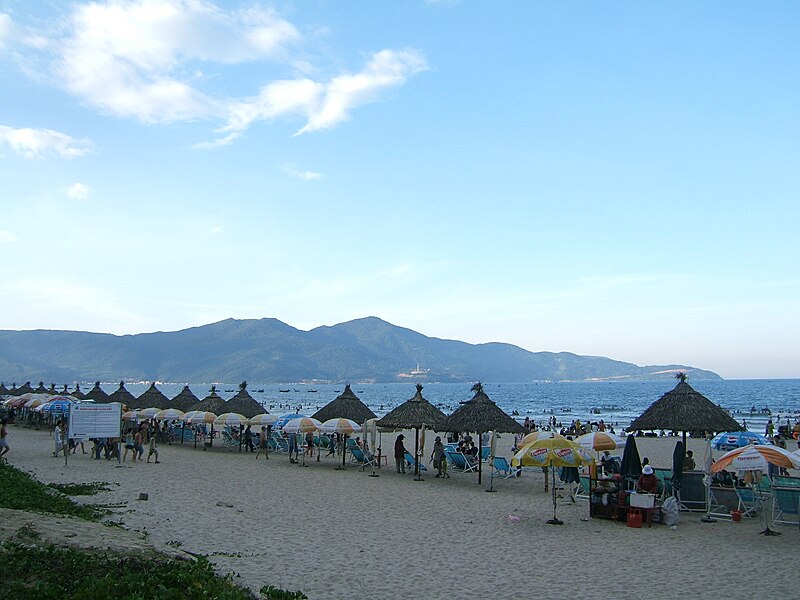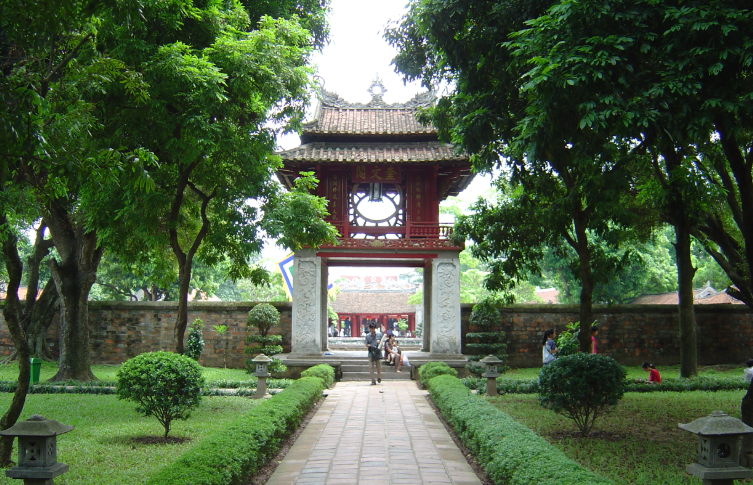Why to visit Hoi An Ancient Town
As a UNESCO World Heritage Site Hoi An Ancient Town demonstrates South East Asia's 15th to 19th-century trading port infrastructure in beautiful condition. The mix of Vietnamese, Chinese, Japanese, and European cultures appears in the combination of Hoi An Ancient Town's yellow buildings and illuminated lantern lanes that fill its streets. Wandering through this place lets one experience history while enjoying the busy local scene.
What’s Special About Hoi An Ancient Town
- Rich History: Stories of trading activities alongside cultural and diplomatic developments are told through this place's ancient buildings, temples, and assembly halls. Architectural gems of the Japanese Covered Bridge and the Chinese Assembly Halls are two distinctive landmarks in town.
- Cultural Festivals: Every month a magical event activates Hoi An town with the enchanting display of colourful lanterns and sailboat-lit candles along Thu Bon River.
- Exquisite Architecture: Traditional architectural elements from Vietnam mingle effortlessly with Chinese woodcarvings, Japanese bridges, and French colonial architecture across the town.
- Culinary Delights: Hoi An offers signature dishes like Cao Lau, White Rose Dumplings, and its famous Banh Mi. Visitors to Hoi An can learn authentic Vietnamese recipes in their cooking classes.
Things to Do in Hoi An Ancient Town
- Explore the Streets: Walk through the streets while admiring heritage houses alongside tailors and art galleries.
- Visit the Japanese Covered Bridge: The 16th-century structure is Hoi An's premier landmark.
- Lantern-Making Workshops: Make your lantern om your Hoi An Ancient Town visit.
- Boat Rides on the Thu Bon River: Target your sightseeing stops comfortably from the moving boat.
- Shopping: Get custom-made dresses while purchasing one-of-a-kind handmade crafts.
Unknown Facts About Hoi An Ancient Town
- During its peak operation, the city served as an essential location for travellers following the maritime Silk Road route.
- Design regulations maintain Hoi An's original heritage character for new town structures.
- During the town's era of splendour, the Japanese Covered Bridge served as a boundary between Japanese and Chinese residential districts.
- Typical buildings across the area choose yellow paint due to fortunate beliefs that this shade brings wealth and positive blessings.
Entry Fee
Besides the ticket entrance, customers need to pay 120,000 VND to access the Japanese Bridge and ancient housing sites.
Timings
The ancient town is open for daily exploration, but ticketed attractions are accessible between 8:00 AM and 9:00 PM.
Average Duration to Explore
4 to 6 hours: Visitors will find enough time to experience the streets, check out essential landmarks, and eat local food.
Distance from Key Locations
- From Da Nang International Airport: 30 km (approximately 45 minutes by car).
- From Da Nang Railway Station: 30 km (approximately 45 minutes by car).
Nearby Tourist Spots
- An Bang Beach (5 km): A beach for relaxation.
- Tra Que Vegetable Village (3 km): The dreamlike farming village provides tourists with natural experiences through eco-tourism choices.
- Marble Mountains (25 km): Limestone hills with caves, temples, and panoramic views.
- My Son Sanctuary (40 km): Cham ruins from antiquity nestle within tropical forest areas.



